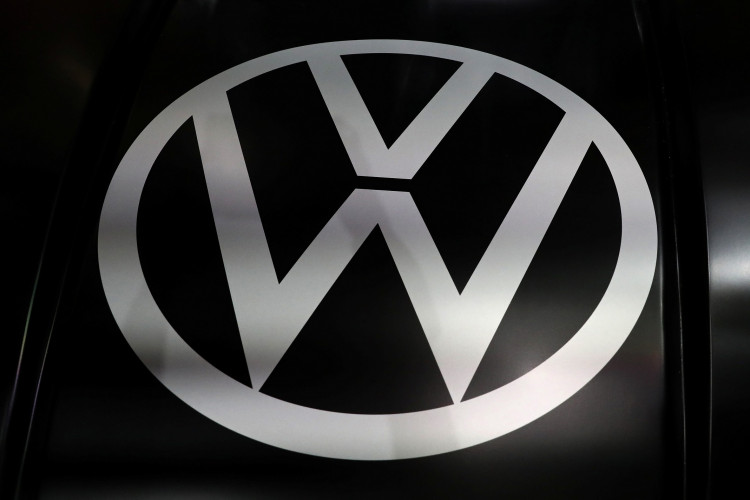Volkswagen Group China, the most successful foreign car maker in the country, has launched its $4.4 billion electro-mobility (e-mobility) the campaign in China along with its two local joint venture partners in a big bid to expand its market share in new energy vehicles (NEVs).
Volkswagen confirmed previously stated plans to deliver about 300,000 NEVs to customers throughout China by 2020 and one million by 2025. By 2023, VW plans to offer 10 models based on the "MEB modular electric drive toolkit" in China. By 2025, Volkswagen hopes to become the world's largest producer of all types of electric vehicles (EVs).
MEB (Modularer E-Antriebs-Baukasten) is a modular car platform for electric vehicles developed by the Volkswagen Group and its subsidiaries. It's now being used in models made by Audi, SEAT, Škoda and Volkswagen.
The architecture consolidates electronic controls and reduces the number of microprocessors advances the application of new driver-assistance technology and alters the way cars are built by the VW Group.
Production of all Volkswagen's MEBs in China will start in 2020. These MEB vehicles will be assembled by VW Group China's two partners: SAIC Volkswagen, which operates an EV factory in Anting near Shanghai, and FAW-Volkswagen Automotive Company Ltd. whose major EV factory is located in Changchun. FAW-Volkswagen, however, will produce the MEBs at its plant in Foshan City in Guangdong Province.
Each factory has the capacity to produce 600,000 NEVs per year. Overall, the VW Group will offer 30 locally produced NEVs by 2025, when it hopes to sell 1.5 million NEVs.
Over the next few years, Volkswagen plans to spend more on NEVs than on petrol-powered cars. By the end of this year, Volkswagen Group China will offer 14 NEV models while the Group's comprehensive e-mobility offensive will launch in 2020.
By 2023, VW will offer 10 models based on the MEB modular electric drive toolkit in China. In Guangzhou, the I.D. Next SUV -- or I.D. 4 -- gave a glimpse of the first model in the I.D. family to be made and sold in China. I.D. 4 production is to start at the end of 2020.
By the end of 2019, Volkswagen Group China estimates it would have sold over 42 million vehicles in China since first arriving in the country. In October, VW delivered 3.34 million vehicles and increased it's market share to 19.5 percent compared to 18.5 percent year-on-year.
Volkswagen Group China expects to continue to outperform the overall market. It said 40% of its $4.4 billion investment will go towards e-mobility, which is widely understood to mean the development of electric-powered drivetrains in the global push towards EVs replacing gasoline- and diesel-powered vehicles by 2050.
E-Mobility covers full EVs or battery electric vehicles (BEVs), hybrid electric vehicles (HEVs) and vehicles powered by hydrogen fuel cell technology.





